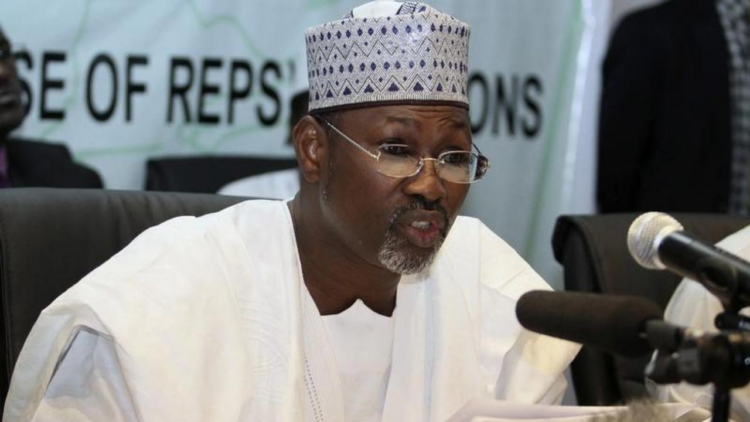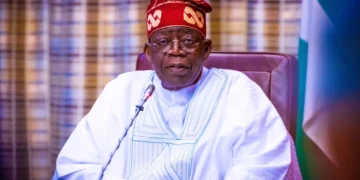In a bid to find lasting solution incessant clashes between farmers and herders across the country, about 500 Nigerians, including researchers, government officials, traditional rulers, among others, have selected to develop a blueprint on how to end the perennial problem.
Accordingly, a conference with the theme, “Sustainable Livestock Reforms and Mitigation of Associated Conflicts in Nigeria: Farmers/Headers Clashes,” would be held on Monday and Tuesday February 13 and 14, 2023 in Abuja.
Addressing a press conference in Abuja yesterday, chairman of the committee set up for this purpose and former chairman of the Independent National Electoral Commission (INEC), Prof. Atairu Jega, described the forthcoming conference as the best of the best groupings of arrays of stakeholders to address a national problem.
He said the primary objective of the conference is to bring together a range of stakeholders for cross fertilisation of ideas on how to reform the livestock sector in Nigeria for significant value addition to the economy of Nigeria.
Jega stated: “The primary objective of the conference is to bring together a range of stakeholders for cross fertilization of ideas with regards to how to reform the livestock sector in Nigeria for significant value addition to the economy of Nigeria and also how to ensure that such reforms are sustainable, and they also promote social cohesion rather than conflicts which have bedeviled the livestock production sector.
“The stakeholders expected at the conference are drawn virtually from all the segments of Nigerian society. There will be government officials, traditional rulers and civil society organisations. There will be people from academia; there will be representation from our development partners who are here in Nigeria.
“And we have chosen the best of the best resource persons to make presentations during the conference. Some of them are professors, some of them entrepreneurs, some of them are corporate persons associated with livestock business; some of them are researchers, some of them associations of either key producers or key participants in the livestock value chain
“Without sounding modest, I think we can say this is perhaps the best or one of the best groupings of arrays of stakeholders in an inclusive process in order to address a national problem.
“And there is no doubt that given the competence and calibre and the capacity of the people we are putting for this conference, the deliberations are going to be very rich and therefore impactful in terms of producing a blueprint to address this problem on a sustainable basis.”











